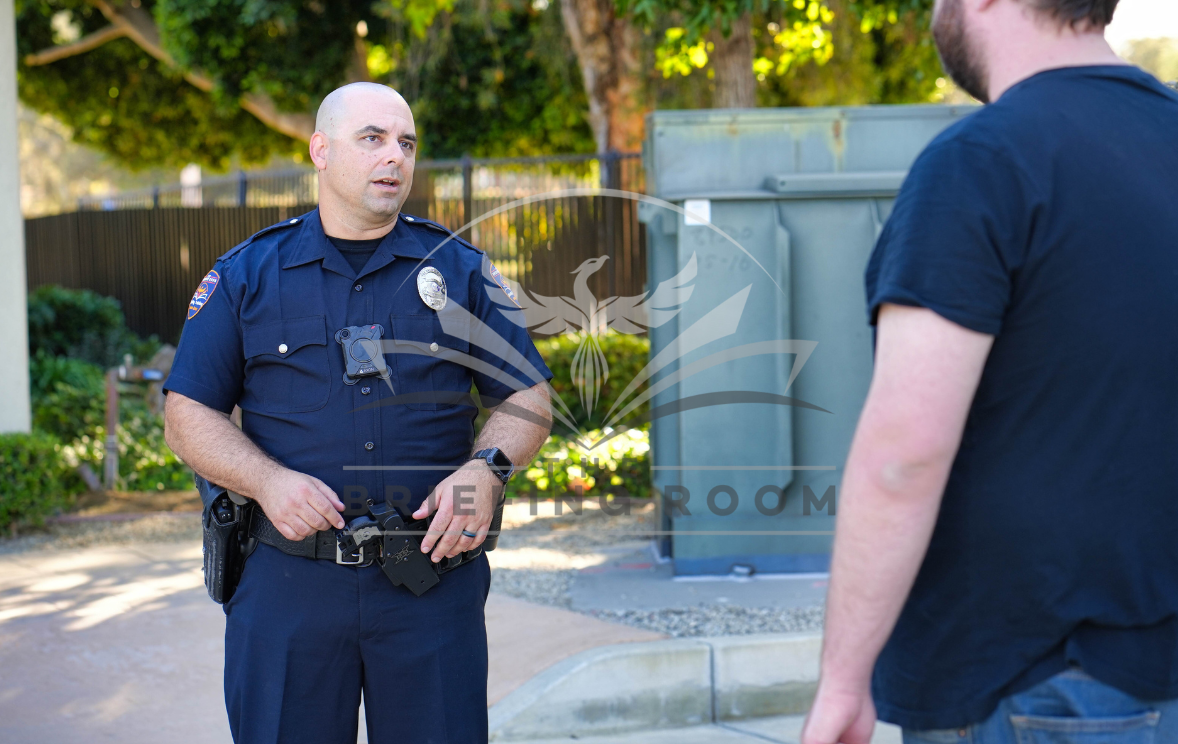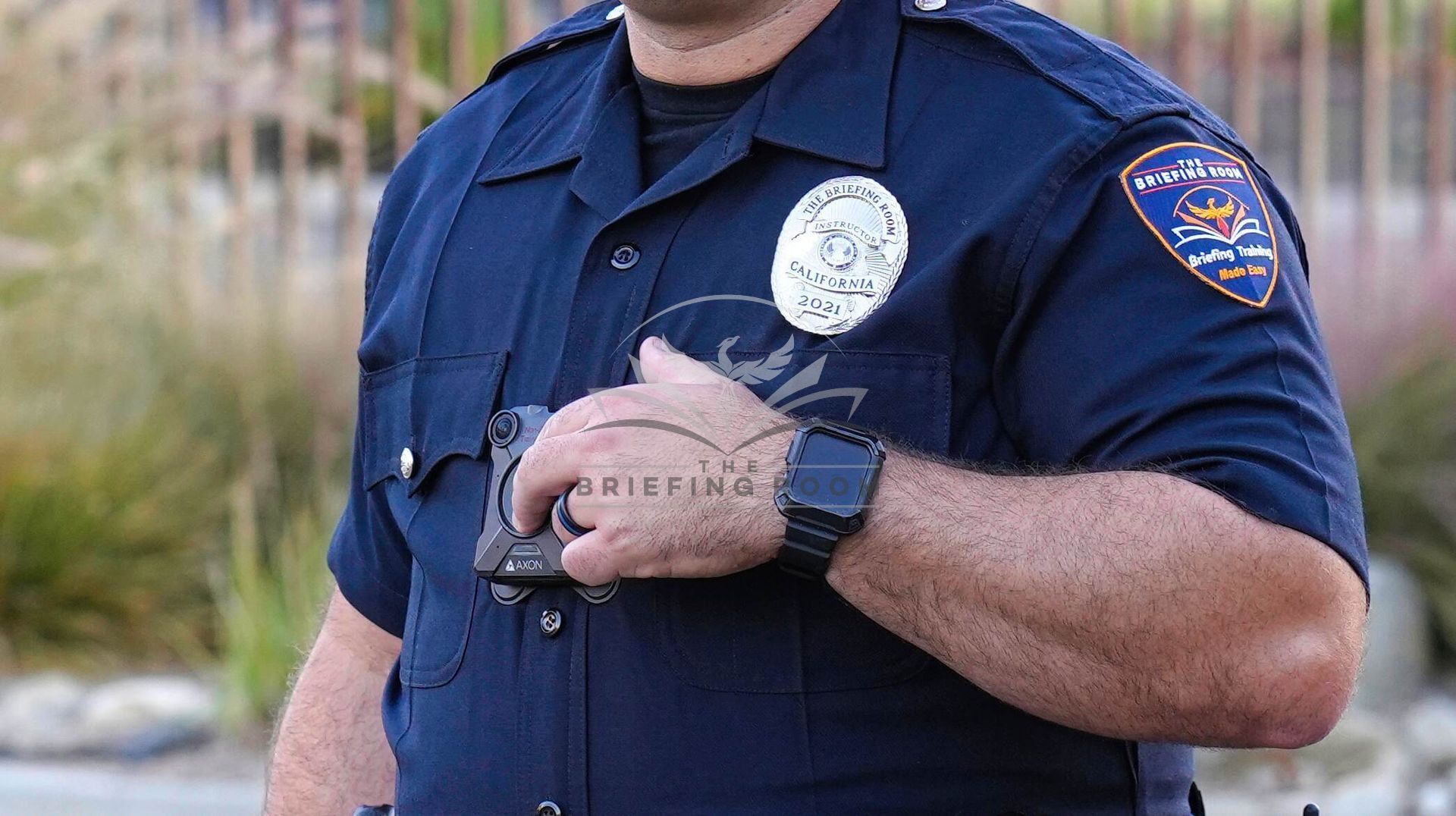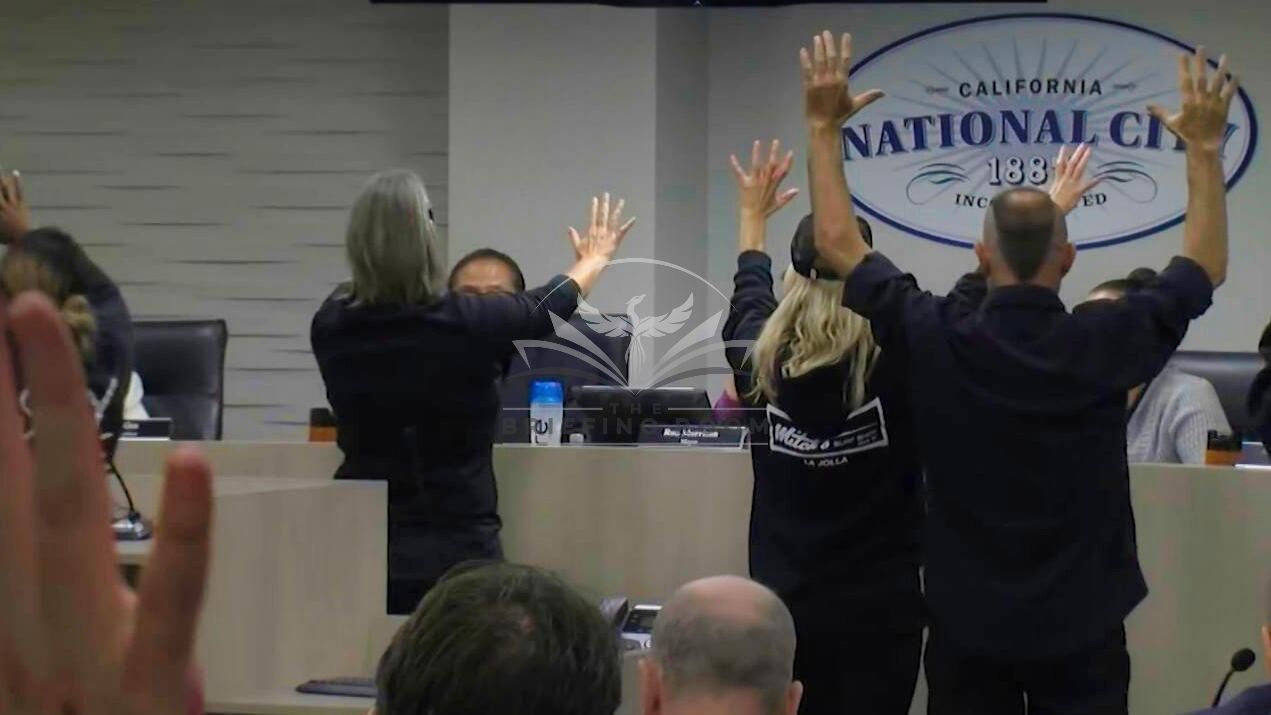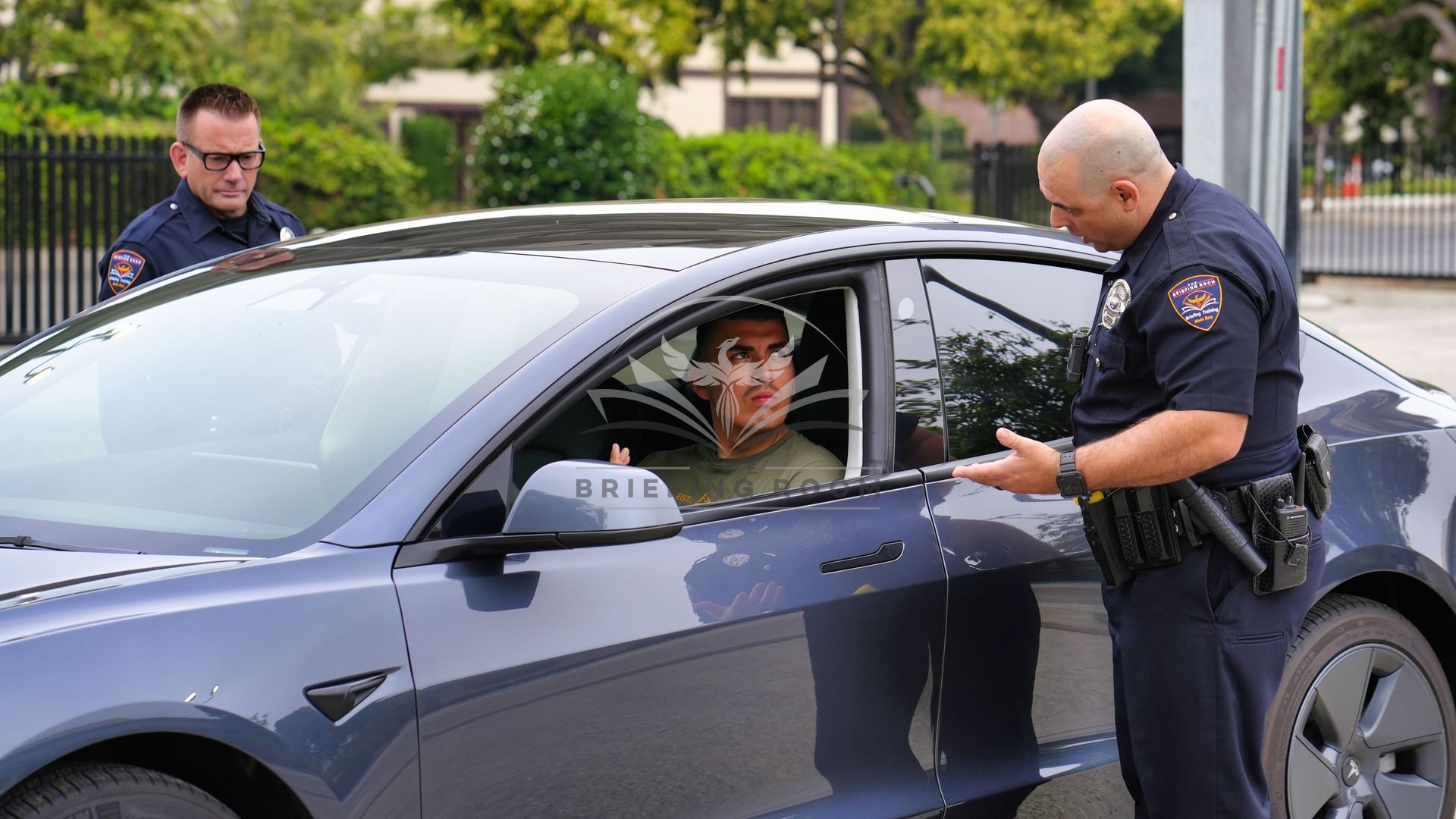Increase Community Engagement

Agencies that don't build positive relationships with the community, specifically related to use force, are missing out on a tremendous opportunity to affect how a community responds to a viral use of force incident, even if that incident didn't occur in that agency's jurisdiction.
Community relationships can be improved by proactively organizing use of force discussions with diverse groups within your community. This includes groups representing minorities, the homeless, LGBTQ, community activists, and high school students. These meetings should be run by charismatic officers and use of force experts. For example, it might include a presentation regarding use of force laws and agency policy then an open discussion regarding the group's concerns. Finally, us of force role-playing or time spent in a simulator where they wear police equipment and respond to calls as if they're the officers. In my experience, our most prominent critics are open to listening and shocked to know there are already comprehensive regulations governing the use of force by police.
Putting law enforcement critics in the position of being an officer who has to make complex decisions under stress completely shifts their perspective. Instead of being hypercritical and judging a use of force with hindsight and outcome biases, they begin to recognize they may not know everything about what happened.
And finally, an added benefit to having an open dialogue with your critics is it opens your officers to diverse viewpoints as well. Every time I've done this, I've seen the two sides develop a better understanding and realize they aren't as far apart as they thought. We just need to talk more and criticize less.
The Briefing Room has a short training video available on this exact scenario so agency supervisors can easily train every officer in your agency on this essential topic.
www.TheBriefingRoom.com
90-Second Training Videos Your Supervisors Use During Briefing or Roll Call To Develop High-Performing Teams of Officers.
✅ Lower Liability
✅ Retain Officers
✅ Build Community Support
🌟 Produced Exclusively by Active-Duty Law Enforcement Instructors 🌟



© 2024 THE BRIEFING ROOM
Site Design by Solmark Creative | Development by Adam Wills Marketing
